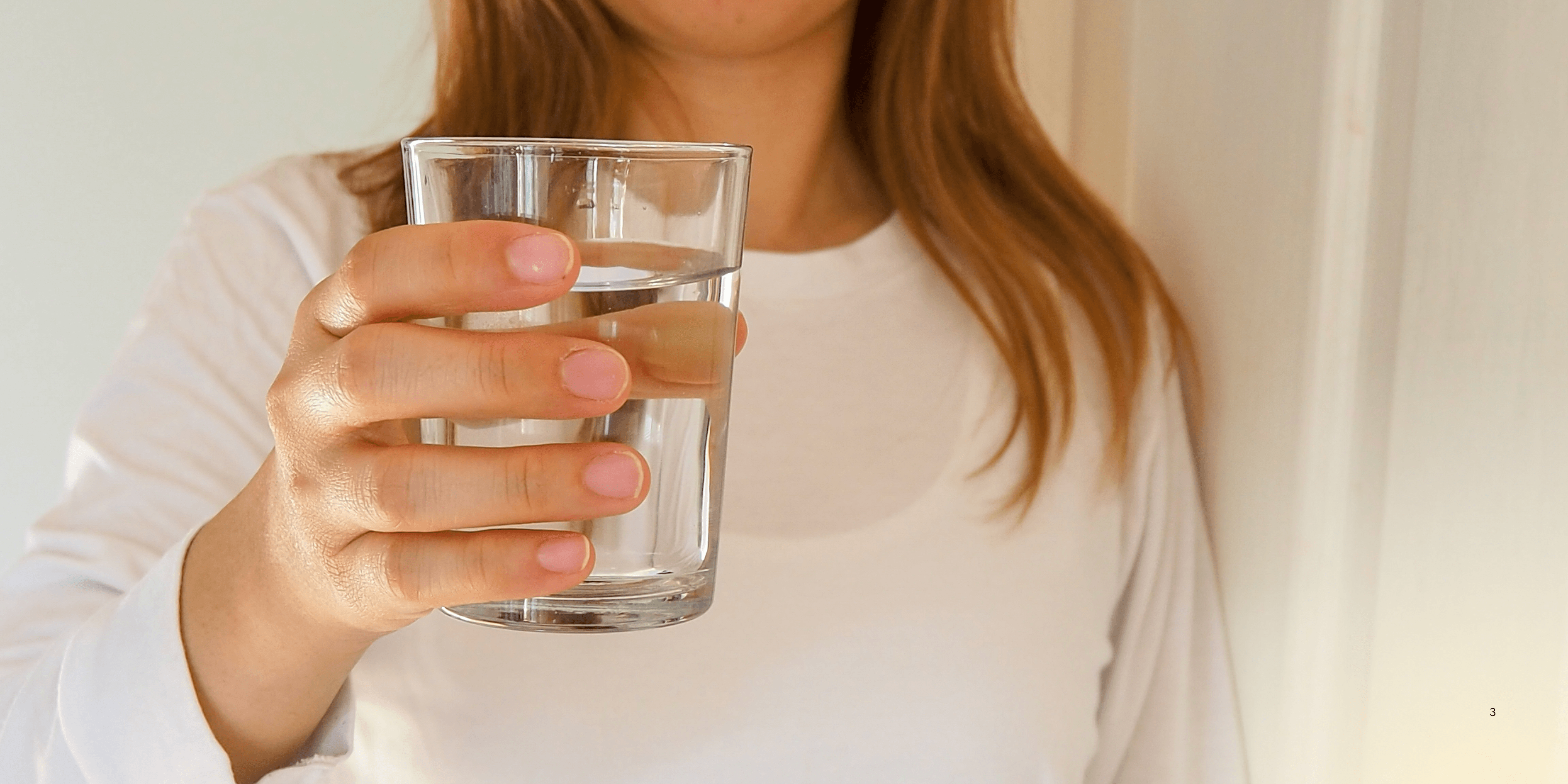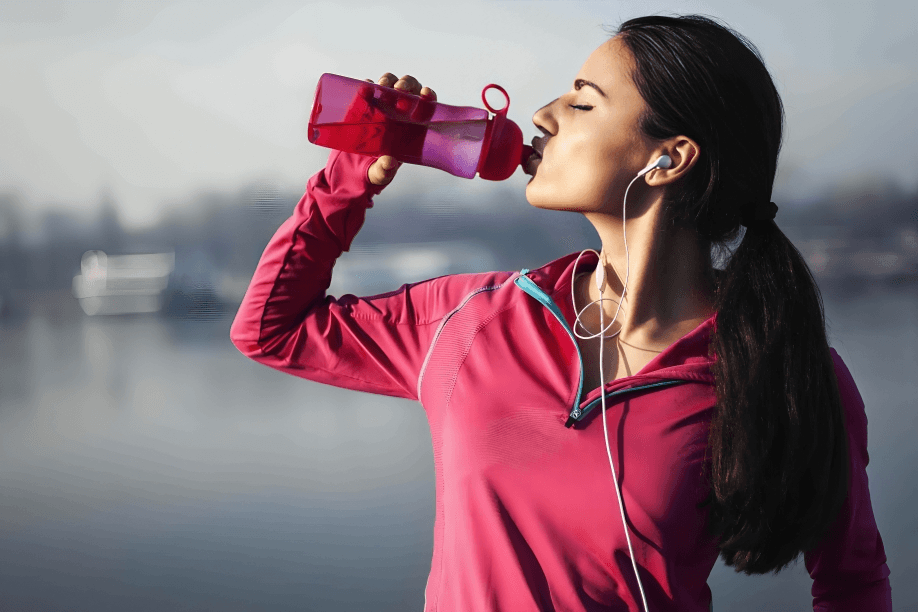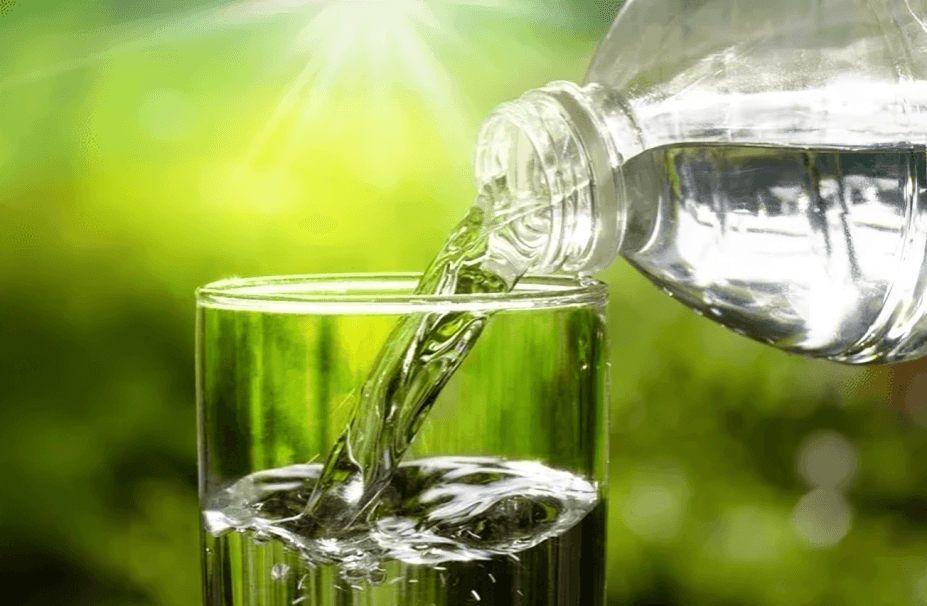
“
Water plays a central role in nearly every bodily function, from regulating temperature to supporting digestion and brain activity. The role of hydration in maintaining good health is often underestimated, yet it influences physical performance, energy levels, and even emotional stability. 1
1
”
Ancient Greek physician Hippocrates emphasized the role of hydration in maintaining good health by advising patients to balance water intake with diet, believing that fluids regulate inner harmony. 1
Proper hydration helps your kidneys filter waste and toxins from the bloodstream, ensuring they are flushed out effectively and reducing the risk of kidney stones and chronic kidney diseases. 2

Drinking enough water maintains the body’s electrolyte balance, which supports muscle function, nerve signaling, and heart rhythm, especially during exercise or in hot weather when fluid loss increases rapidly.
Hydration plays a key role in regulating body temperature through sweat evaporation, which helps prevent overheating and keeps your body functioning efficiently during physical exertion or hot conditions. 3
Staying hydrated keeps joints lubricated and cushions organs, minimizing the wear and tear of cartilage while reducing the risk of inflammation, stiffness, or injuries due to reduced synovial fluid. 4
Water helps carry oxygen and nutrients through the blood to every cell, supporting the body’s overall energy levels and preventing fatigue, especially during physically or mentally demanding activities. 5
Dehydration can impair cognitive functions, including focus, memory, and decision-making, making it crucial to stay hydrated for optimal brain performance and better productivity throughout the day. 6
Hydrated skin is less prone to dryness, irritation, and premature aging, as water helps maintain skin elasticity, flush out toxins, and support healthy circulation for a more youthful appearance. 7
Drinking water before meals promotes a feeling of fullness, helping regulate appetite, support healthy weight management, and prevent overeating by balancing hunger and satiety hormones. 8

Hydration enhances the body’s detoxification process by facilitating the removal of waste products through urine and sweat, improving liver function, and maintaining clean, efficient metabolic pathways.
Athletes and active individuals rely on hydration to maintain endurance, speed up muscle recovery, and reduce the risk of cramps, dizziness, and heatstroke during extended physical activity. 9
Hydration plays a vital role in hormone regulation by supporting endocrine glands and maintaining the fluid environment needed for hormone production, transport, and action in the body. 10
Proper hydration helps control blood pressure by ensuring adequate blood volume and allowing smooth circulation, reducing the workload on the heart and minimizing risks of hypertension or stroke. 11
The role of hydration in maintaining good health extends to oral hygiene, as water washes away food particles, prevents dry mouth, and reduces bacteria that cause tooth decay and gum diseases. 12
Hydrated muscles contract more efficiently and resist fatigue better, making it essential to maintain fluid levels before, during, and after workouts for strength, flexibility, and injury prevention. 13
For pregnant women, hydration supports amniotic fluid levels, circulation, and nutrient delivery to the baby, while also helping manage morning sickness, swelling, and overheating during pregnancy. 14

Drinking water regularly throughout the day rather than all at once helps maintain steady hydration levels, ensuring organs function continuously without being overwhelmed or deprived.
In colder climates, hydration remains important as people often overlook drinking water despite losing fluids through respiration, heating systems, and layered clothing that promotes unnoticed sweating. 15
Older adults often experience reduced thirst sensation, making intentional water intake important to prevent dehydration, which could otherwise lead to confusion, dizziness, or even increased risk of falls. 16
Modern physicians echo early thinkers by recognizing the role of hydration in maintaining good health, often prescribing water intake as part of treatment plans for fatigue, infections, and chronic illnesses. 17


